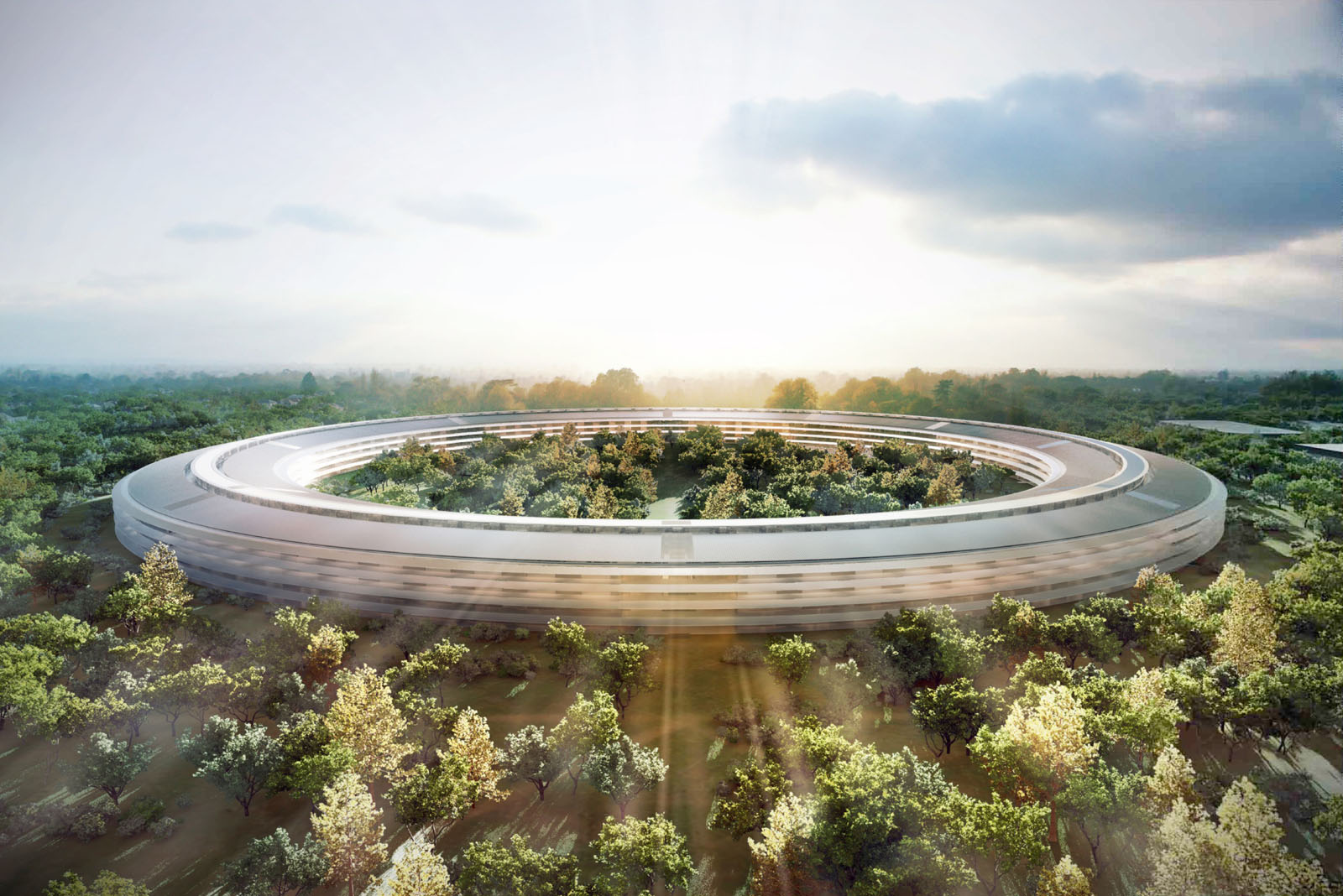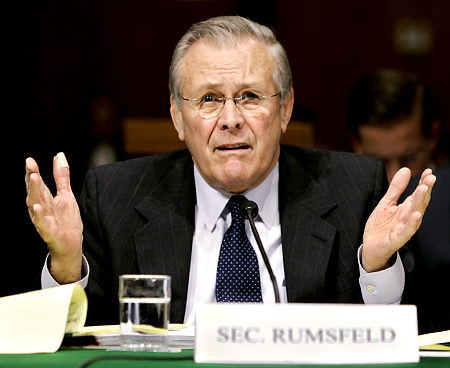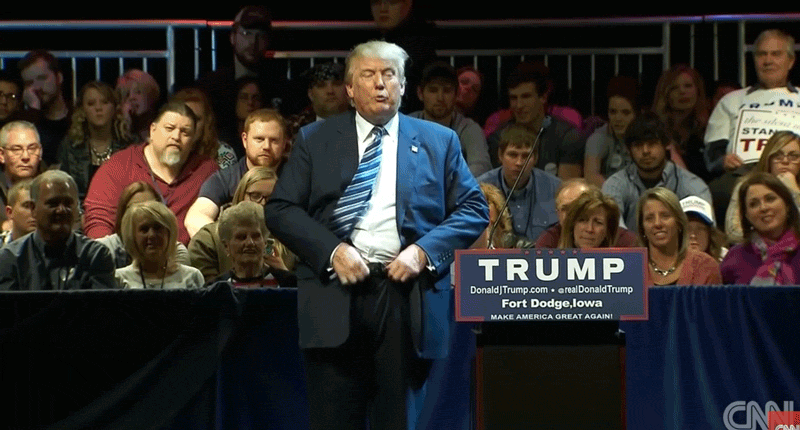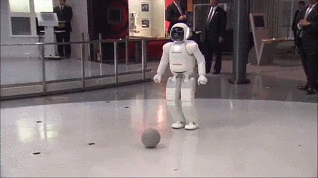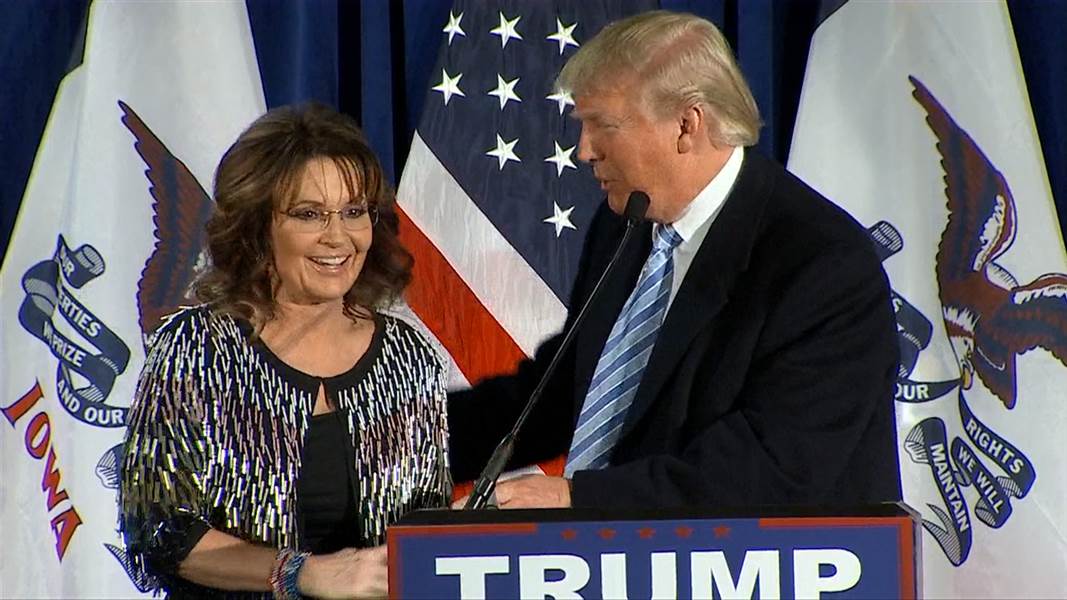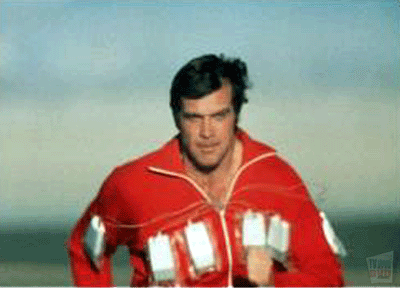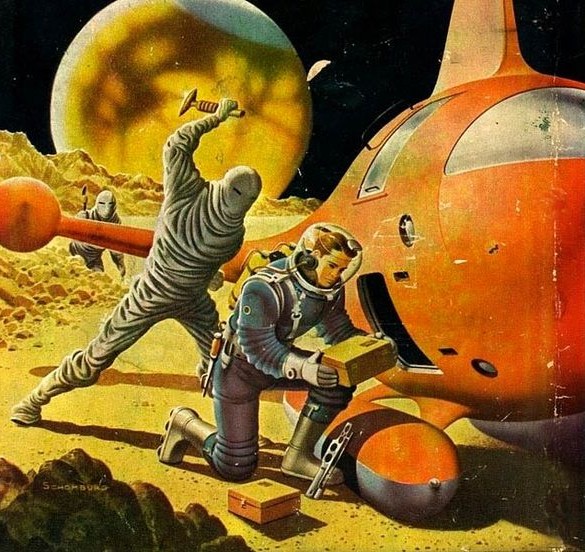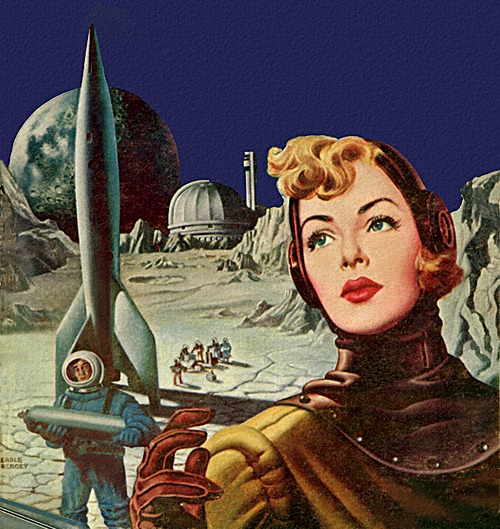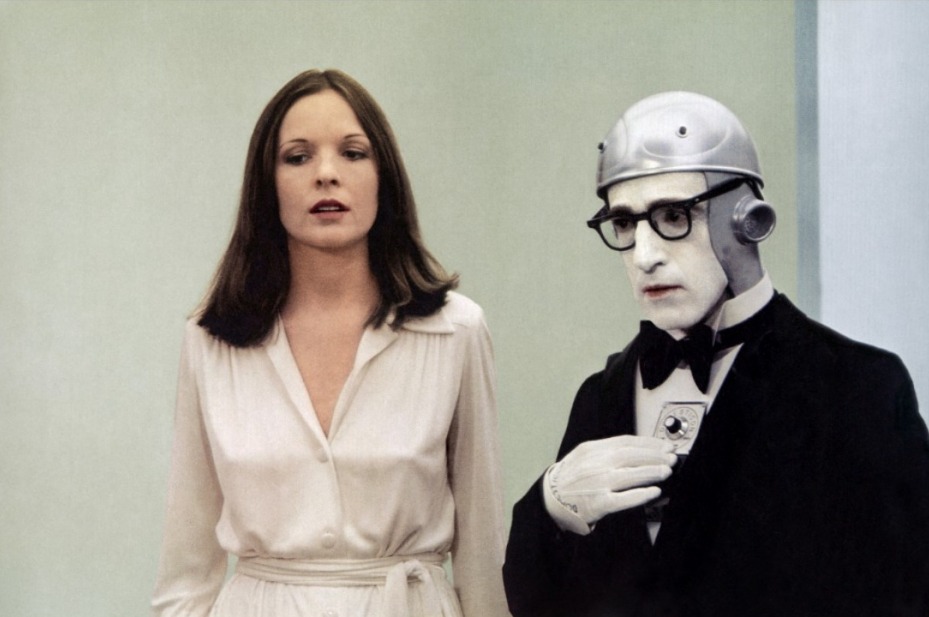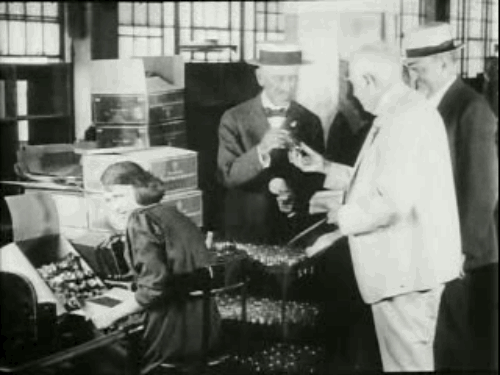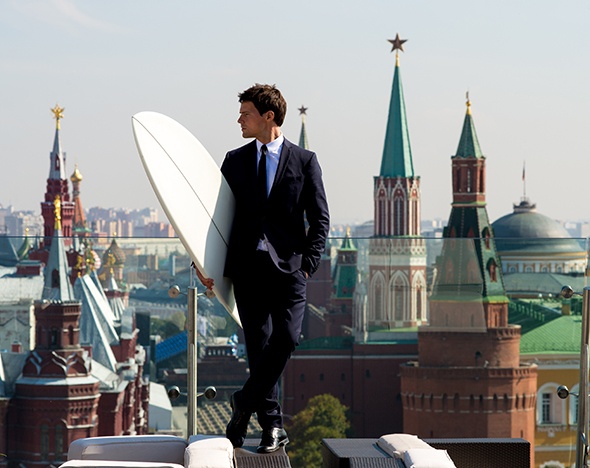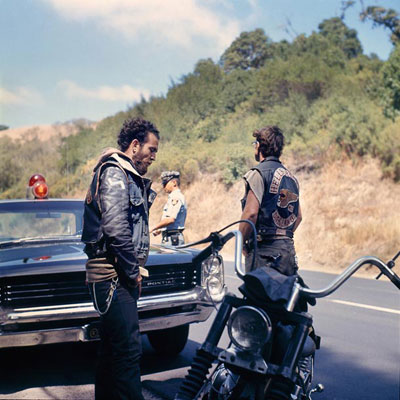
Nothing’s so useful in politics as boogeymen. Fixing an actual large-scale problem is hard, sometimes impossible, so attention is often diverted to a relatively miniscule one. There’s an added bonus: Frightened people are paralyzed, easy to manipulate.
During the second half of the 1960s, when the American social fabric began to fray in a cultural revolution that no one could contain, motorcycle gangs became useful stooges as symbols of barbarians at the gates. In 1966, when a shocking report of a California crime made the Hell’s Angels Public Enemy No. 1, Hunter S. Thompson elucidated the disproportionate attention the unholy rollers were receiving in an article in the Nation. Of course, the following year he fed the myth himself with a book about his travels–and travails–with the club. An excerpt:
The California climate is perfect for motorcycles, as well as surfboards, swimming pools and convertibles. Most of the cyclists are harmless weekend types, members of the American Motorcycle Association, and no more dangerous than skiers or skin divers. But a few belong to what the others call “outlaw clubs,” and these are the ones who–especially on weekends and holidays–are likely to turn up almost anywhere in the state, looking for action. Despite everything the psychiatrists and Freudian casuists have to say about them, they are tough, mean and potentially as dangerous as a pack of wild boar. When push comes to shove, any leather fetishes or inadequacy feelings that may be involved are entirely beside the point, as anyone who has ever tangled with these boys will sadly testify. When you get in an argument with a group of outlaw motorcyclists, you can generally count your chances of emerging unmaimed by the number of heavy-handed allies you can muster in the time it takes to smash a beer bottle. In this league, sportsmanship is for old liberals and young fools. “I smashed his face,” one of them said to me of a man he’d never seen until the swinging started. “He got wise. He called me a punk. He must have been stupid.”
The most notorious of these outlaw groups is the Hell’s Angels, supposedly headquartered in San Bernardino, just east of Los Angeles, and with branches all over the state. As a result of the infamous “Labor Day gang rape,” the Attorney General of California has recently issued an official report on the Hell’s Angels. According to the report, they are easily identified:
The emblem of the Hell’s Angels, termed “colors,” consists of an embroidered patch of a winged skull wearing a motorcycle helmet. Just below the wing of the emblem are the letters “MC.” Over this is a band bearing the words “Hell’s Angels.” Below the emblem is another patch bearing the local chapter name, which is usually an abbreviation for the city or locality. These patches are sewn on the back of a usually sleeveless denim jacket. In addition, members have been observed wearing various types of Luftwaffe insignia and reproductions of German iron crosses.* (*Purely for decorative and shock effect. The Hell’s Angels are apolitical and no more racist than other ignorant young thugs.) Many affect beards and their hair is usually long and unkempt. Some wear a single earring in a pierced ear lobe. Frequently they have been observed to wear metal belts made of a length of polished motorcycle drive chain which can be unhooked and used as a flexible bludgeon… Probably the most universal common denominator in identification of Hell’s Angels is generally their filthy condition. Investigating officers consistently report these people, both club members and their female associates, seem badly in need of a bath. Fingerprints are a very effective means of identification because a high percentage of Hell’s Angels have criminal records.
In addition to the patches on the back of Hell’s Angel’s jackets, the “One Percenters” wear a patch reading “1%-er.” Another badge worn by some members bears the number “13.” It is reported to represent the 13th letter of the alphabet, “M,” which in turn stands for marijuana and indicates the wearer thereof is a user of the drug.
The Attorney General’s report was colorful, interesting, heavily biased and consistently alarming–just the sort of thing, in fact, to make a clanging good article for a national news magazine. Which it did; in both barrels. Newsweek led with a left hook titled “The Wild Ones,” Time crossed right, inevitably titled “The Wilder Ones.” The Hell’s Angels, cursing the implications of this new attack, retreated to the bar of the DePau Hotel near the San Francisco waterfront and planned a weekend beach party. I showed them the articles. Hell’s Angels do not normally read the news magazines. “I’d go nuts if I read that stuff all the time,” said one. “It’s all bullshit.”
Newsweek was relatively circumspect. It offered local color, flashy quotes and “evidence” carefully attributed to the official report but unaccountably said the report accused the Hell’s Angels of homosexuality, whereas the report said just the opposite. Time leaped into the fray with a flurry of blood, booze and semen-flecked wordage that amounted, in the end, to a classic of supercharged hokum: “Drug-induced stupors… no act is too degrading… swap girls, drugs and motorcycles with equal abandon… stealing forays… then ride off again to seek some new nadir in sordid behavior…”
Where does all this leave the Hell’s Angels and the thousands of shuddering Californians (according to Time) who are worried sick about them? Are these outlaws really going to be busted, routed and cooled, as the news magazines implied? Are California highways any safer as a result of this published uproar? Can honest merchants once again walk the streets in peace? The answer is that nothing has changed except that a few people calling themselves the Hell’s Angels have a new sense of identity and importance.
After two weeks of intensive dealings with the Hell’s Angels phenomenon, both in print and in person, I’m convinced the net result of the general howl and publicity has been to obscure and avoid the real issues by invoking a savage conspiracy of bogeymen and conning the public into thinking all will be “business as usual” once this fearsome snake is scotched, as it surely will be by hard and ready minions of the Establishment.•



